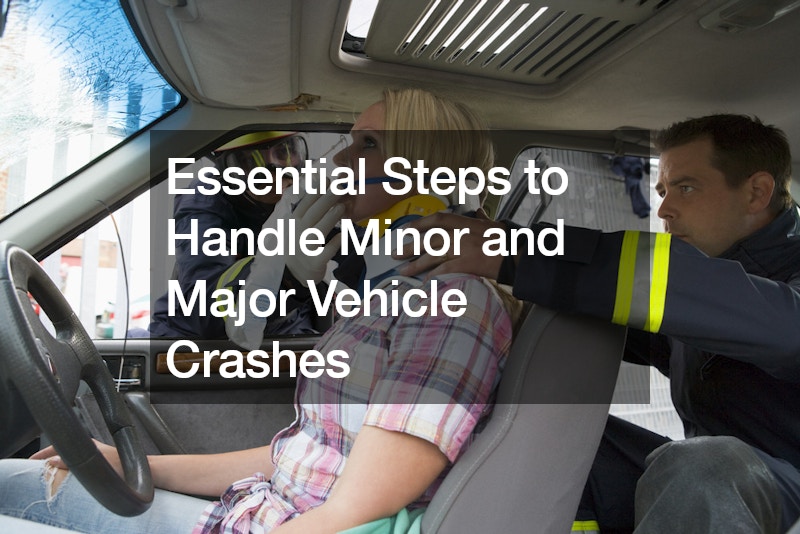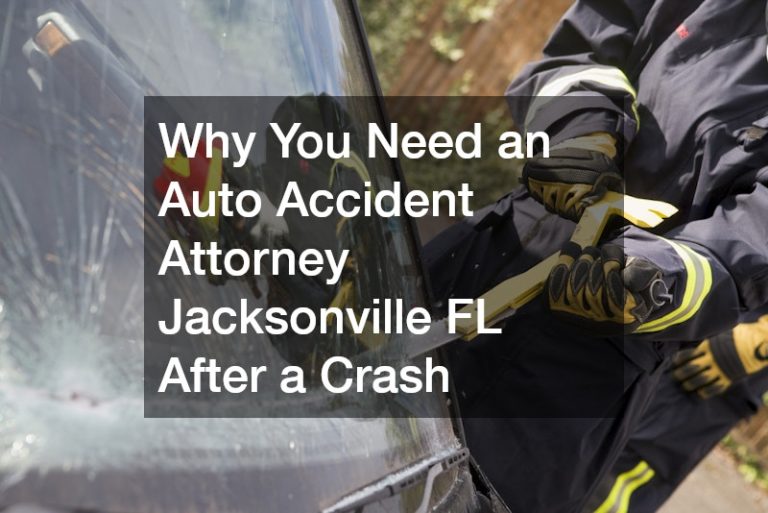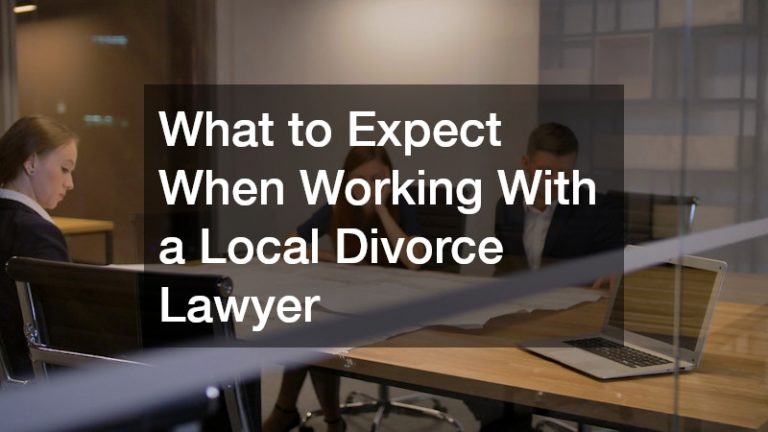
Even the most cautious driver can find themselves involved in a car crash. Being prepared for this situation can help minimize stress and ensure you take the necessary steps to protect yourself and others. This article outlines the key actions to take after a car accident, differentiating between minor and major crashes.
Understanding Minor and Major Crashes
The first step is understanding the difference between a minor and major crash. A minor crash typically involves property damage only, with no injuries or fatalities.
In these cases, the damage may be dents, scratches, or broken lights. Major crashes, on the other hand, involve injuries, fatalities, or property damage exceeding a certain amount, which can vary depending on your location. Common signs of a major crash include injuries, vehicle inoperability, or air bag deployment.
What to Do After a Minor Crash
If you’re involved in a minor crash, here’s what you should do:
- Safety First: Always prioritize your safety and the safety of others involved. If possible, move the vehicles out of traffic to avoid further accidents. Turn on hazard lights and use caution if you must stay on the road.
- Gather Information: Exchange contact details with the other driver(s) involved, including names, addresses, phone numbers, driver’s license numbers, and insurance information. Obtain the license plate number(s) of the other vehicle(s) as well.
- Document the Scene: Take photographs of the damage to all vehicles involved, including close-up shots and pictures showing the overall scene of the accident. If possible, sketch a diagram of the accident scene, noting the positions of the vehicles and any debris. Include landmarks or objects in your pictures for reference.
- File a Report: Even for minor crashes, report the incident to your insurance company as soon as possible. They will guide you through the claims process.
What to Do After a Major Crash
If you’re involved in a major crash, take the following steps:
- Secure the Scene: The immediate aftermath of a major crash can be chaotic. Your primary concern should be securing the scene to prevent further accidents. Turn on hazard lights and, if possible, use flares or triangles to warn other drivers.
- Call Emergency Services: Dial emergency services immediately to request medical assistance and police presence. Do not attempt to move injured people unless they are in immediate danger of further harm.
- Provide First Aid (if possible): If you are trained in first aid and it is safe to do so, assess the situation and provide initial first aid to those injured. This may involve checking for breathing and circulation, and controlling serious bleeding with clean cloth until help arrives.
- Gather Information: Similar to a minor crash, exchange contact details with other drivers involved and any witnesses. If possible, take pictures of the scene and damage.
- Report the Crash: Police will typically file a report at the scene of a major crash. However, if the police are not called, or if you are later unsure if a report was filed, you should report the accident to the police yourself as soon as possible.
- Get a Medical Check-Up: Even if you don’t feel pain right away, it’s essential to see a doctor after a major crash. Adrenaline can hide injuries, and some may take time to show up. A medical professional can assess you for any injuries and provide the necessary treatment.
Additional Considerations
- Commercial Driver’s License (CDL) Holders: If you hold a CDL and are involved in a crash, there are additional reporting requirements specific to commercial vehicles. Consult with a CDL lawyer to ensure you comply with all regulations and protect your license.
- Legal Representation: A car accident, especially a major one, can have significant legal implications. Consider consulting with a qualified car accident attorney to understand your rights and options. An attorney can help navigate the insurance claim process, deal with property damage repairs, and ensure you receive fair compensation for your injuries.
- Witness Statements: If there were witnesses to the accident, obtain their contact information. Witness statements can be valuable evidence in case of disputes over fault or the extent of damage.
- Document Everything: Keep detailed records of all documents related to the accident, such as police reports, medical records, repair estimates, and insurance correspondence.
Staying Calm and Prepared
Being involved in a car crash can be a stressful experience. However, remaining calm and taking the necessary steps to ensure everyone’s safety and document the incident can significantly help in the aftermath. By understanding the differences between minor and major crashes and by following the steps outlined above, you can be better prepared to handle this situation should it occur.
.




